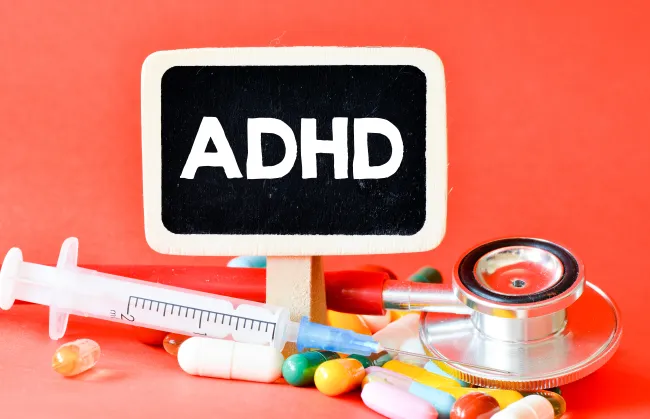Medical Decisions
Legal Custody Area

How are major medical decisions made when parents disagree?
What is a Non-Emergency Medical Decision?
A non-emergency medical decision is any medical decision that does not involve emergency care. These decisions can be as
seemingly minor as whether their child may wear glasses or contacts, to major
decisions, like whether their child will undergo major surgery.

Choice of Doctors

Medication

Course of Treatment
Emergency Medical Decisions
If an emergency occurs
which affects the child's health while that child is in the care or custody of
the parent who does not have final decision-making authority concerning
healthcare, that parent is authorized to seek emergency treatment for the
child. For example, if, while in the care of her father, their daughter is
seriously injured after falling from a tree, the father would be authorized to
seek immediate medical care, even if he did not have final decision-making
authority. It is essential for parents faced with this type of situation to protect
their child's wellbeing. As soon as reasonably practicable, it would be
necessary to notify the other parent.
That said, it would be
prudent for a non-custodian to exercise caution before declaring a particular
course of treatment an emergency. Using
an emergency declaration for a situation that is not an emergency is likely to
violate the divorce court order and possibly involve consequences, including
contempt of court.

Rights BOTH parents have Concerning Medical Information about their Child
Despite which parent has final decision-making authority for medical issues, each parent should be entitled to complete, detailed information from any physician or medical provider treating their child. Language to this effect should be included in any settlement agreement or parenting plan. That way, if the parents cannot communicate effectively, either parent can get the information directly from the doctor.
Can a Non-Custodian Parent make Medical Decisions for our child?
In an emergency, the answer is yes. For non-emergency decisions, however, the answer is it depends. Whether a parent is the primary custodian or non-custodian does not matter when it comes to which parent can make non-emergency health care decisions for their child. Instead, we turn to the issue of who has legal custody. Specifically, the parent who has final decision-making authority for medical decisions is the ultimate parent that can determine these types of medical decisions, regardless of who has actual physical custody of their child.
Do I have to Tell my Ex About all Doctor’s Appointments?


What can a parent do to protect their child's healthcare if they feel the other parent is not acting in their child's best interest?
Although a parent may feel as if he or she is operating with the child's best interest, unless they have final decision-making authority, any unilateral decisions they make are risky. If their decision contradicts the parent who has final authority, the decision may violate the court's order concerning legal custody and punishable as contempt. See Avren v. Garten, S11A0064 (2011).
If a parent awarded final decision-making authority is operating against the child's best interests, the other parent should get the court's permission before taking action. They can do this by filing a petition for a modification of child custody.